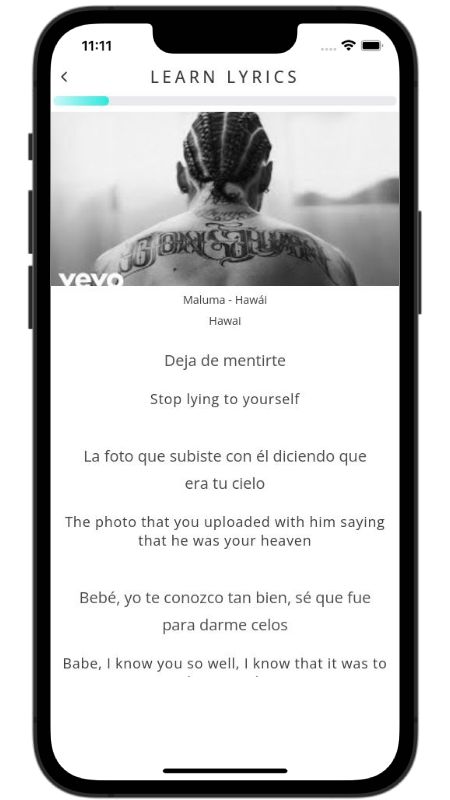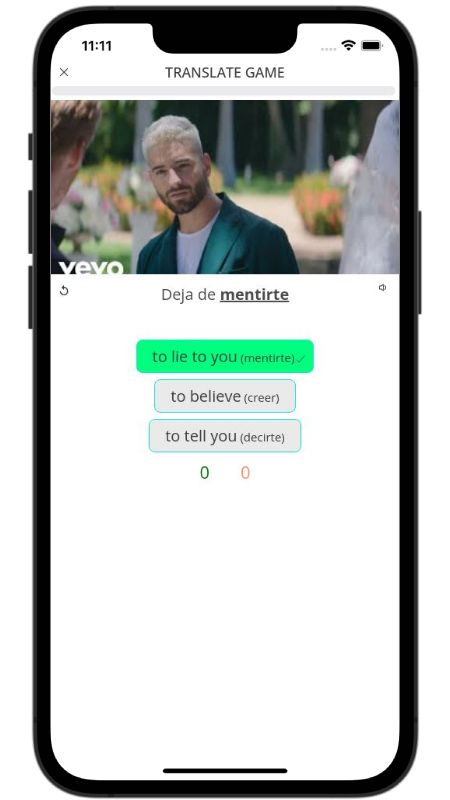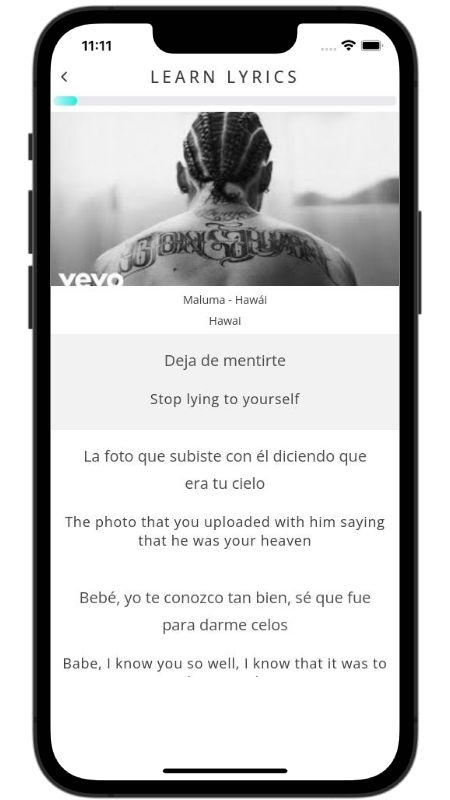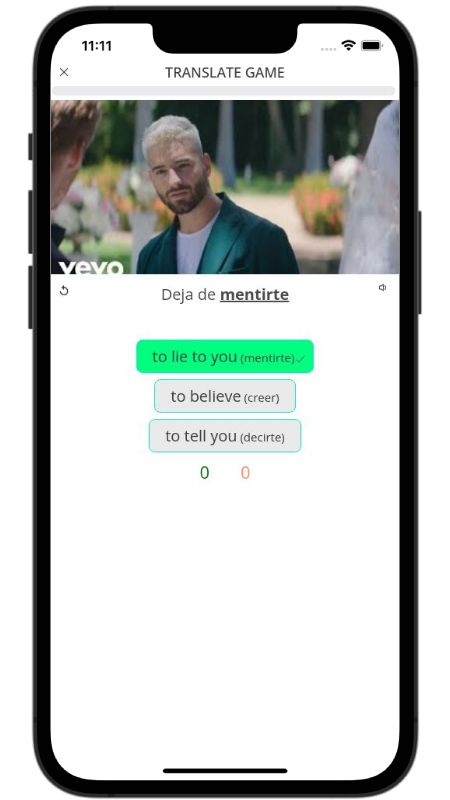Mala Mía Lyrics in English Maluma
Below, I translated the lyrics of the song Mala Mía by Maluma from Spanish to English.
Intro
Maluma, baby yeah
Chorus 1
I kissed your girlfriend, my bad
I overdrank, my bad
I f*cked up the party, my bad
I've always been like this, all of you knew it
That's my life, it's only mine
You don't live it
If that bothers you, well, my bad
That's my life, it's only mine
It doesn't matter what you say
Deep down they love me and that's why they imitate me
Verse 1
That time at the party I found you
I didn't know that you were coming with him
You got stubborn, you opened the door for me
Your boyfriend let his guard down and that's when I came in
Bridge
Here I am, me, to give you whatever you want, baby
Here I am, me, my bad if I ruined your plan with him
Here I am, me, to give you whatever you want, baby
Here I am, me, give me your number so I can see you again
Chorus 2
I kissed your girlfriend, my bad
I overdrank, my bad
I f*cked up the party, my bad
I've always been like this, all of you knew it
That's my life, it's only mine
You don't live it
If that bothers you, well, my bad
That's my life, it's only mine
It doesn't matter what you say
Deep down they love me and that's why they imitate me
Bridge
Here I am, me, to give you whatever you want, baby
Here I am, me, my bad if I ruined your plan with him
Here I am, me, to give you whatever you want, baby
Here I am, me, give me your number so I can see you again
Chorus 3
My bad
My bad
My bad
I've always been like this, all of you knew it
That's my life, it's only mine
You don't live it
If that bothers you, well, my bad
That's my life, it's only mine
It doesn't matter what you say
Deep down they love me and that's why they imitate me
Outro
Deep down they love me and that's why they imitate me
Lyrics and Translations Licensed & Provided by LyricFind
Lyrics © DistroKid, Universal Music Publishing Group, Sony/ATV Music Publishing LLC
Juan Luis Londono Arias, Bryan Snaider Lezcano Chaverra, Kevin Mauricio Jimenez Londono, Edgar Barrera, Stiven Rojas Escobar, Johany Alejandro Correa
Did you like these lyrics?
Did you know?
In addition to reading lyric translations, you can now learn Spanish with music and lyrics from your favorite artists.
No more boring lessons. You can now learn with engaging and culturally relevant lyrics from the best artists.
Apple and App Store are trademarks of Apple Inc.
Google Play and the Google Play logo are trademarks of Google LLC.
MORE MALUMA
iOS AppAndroid AppWeb LessonsJoin ClassroomLyrics TranslationLyricsBlogAbout UsFree PDF WorksheetsBuy as Gift


























